Time:
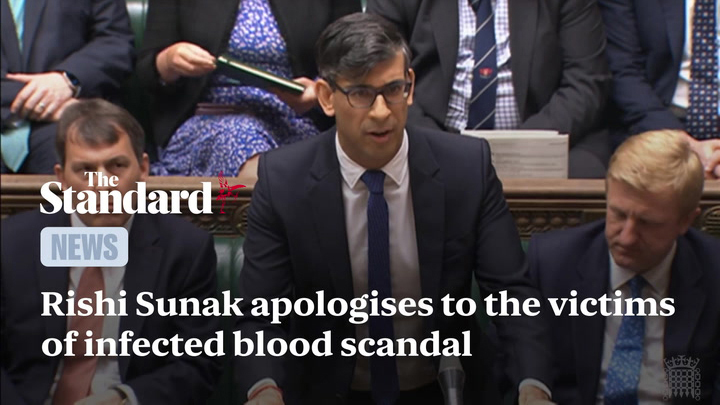
Recently, UK Prime Minister Sunak publicly apologized for the tainted blood scandal, expressing deep regret over the failure to manage the crisis, which he described as a decades-long moral failing. Sunak referred to this day as a "day of shame for the British government."
Reports have revealed that in the 1970s and 1980s, over 30,000 people in the UK were infected with HIV and hepatitis C after receiving contaminated blood products. This incident has not only caused deep sorrow within British society but also sparked global concern about medical contamination and the disposal of medical waste. Many patients were infected with hepatitis C and AIDS due to contaminated blood treatments, resulting in irreversible damage to their lives and families. Faced with such an event, we must ask: What should we do to prevent similar tragedies from happening again?
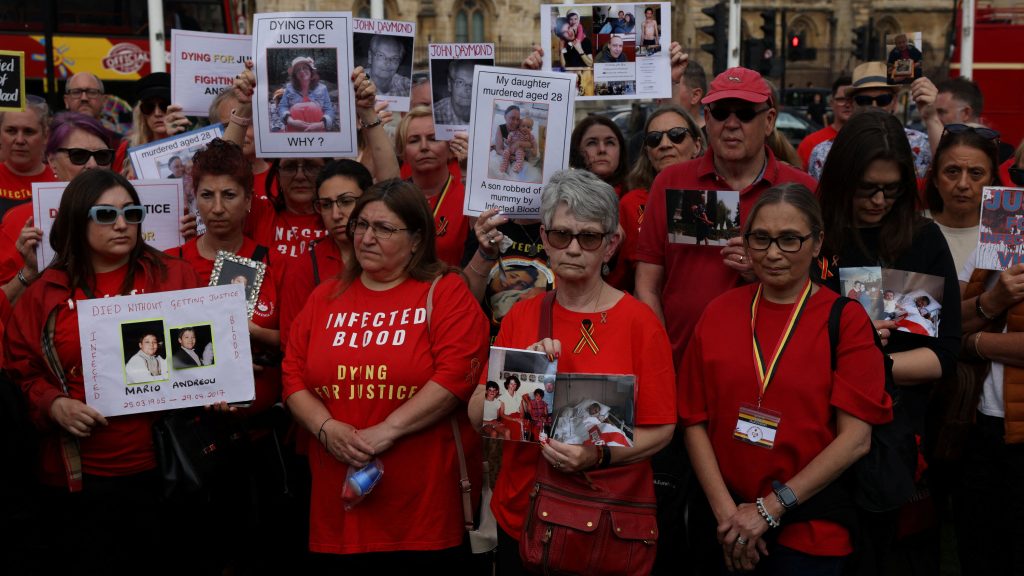
Looking back at the incident, from the 1970s to the early 1990s, the UK imported blood products from the United States due to a shortage of domestic supply. However, some of the imported blood came from high-risk donors, leading to contamination with HIV and hepatitis C viruses. This incident resulted in thousands of infections and hundreds of deaths, causing immense pain and loss for blood disorder patients and their families.
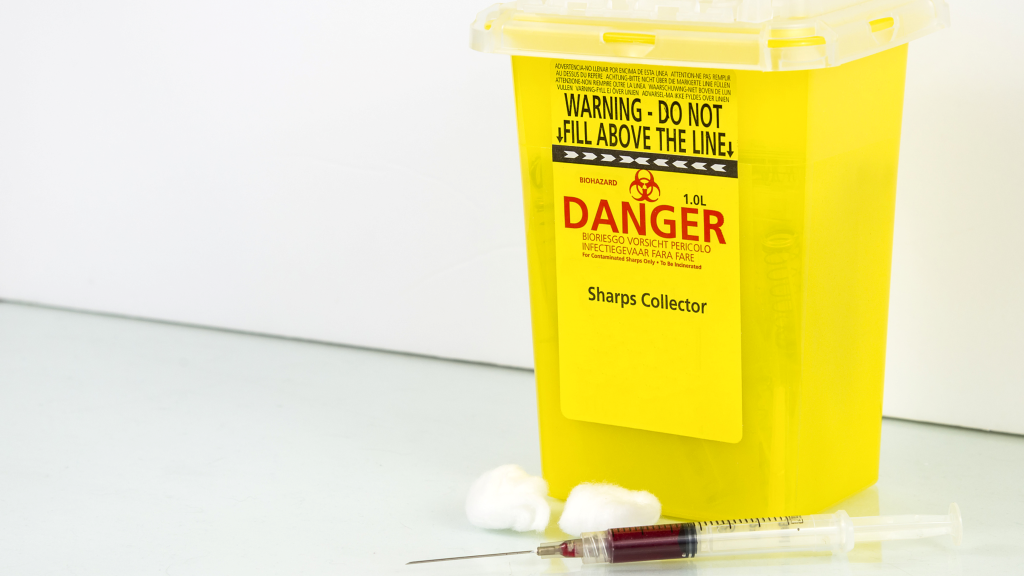
Infectious medical waste contaminated with the HIV virus poses a major threat to public health. Infectious sharp waste, such as discarded syringes, if not properly disposed of, can become a source of virus and bacteria transmission. These pathogens can enter the bloodstream through various routes, causing diseases like AIDS and hepatitis. The UK blood disorder incident is a typical example where contaminated blood products directly led to numerous patient infections.
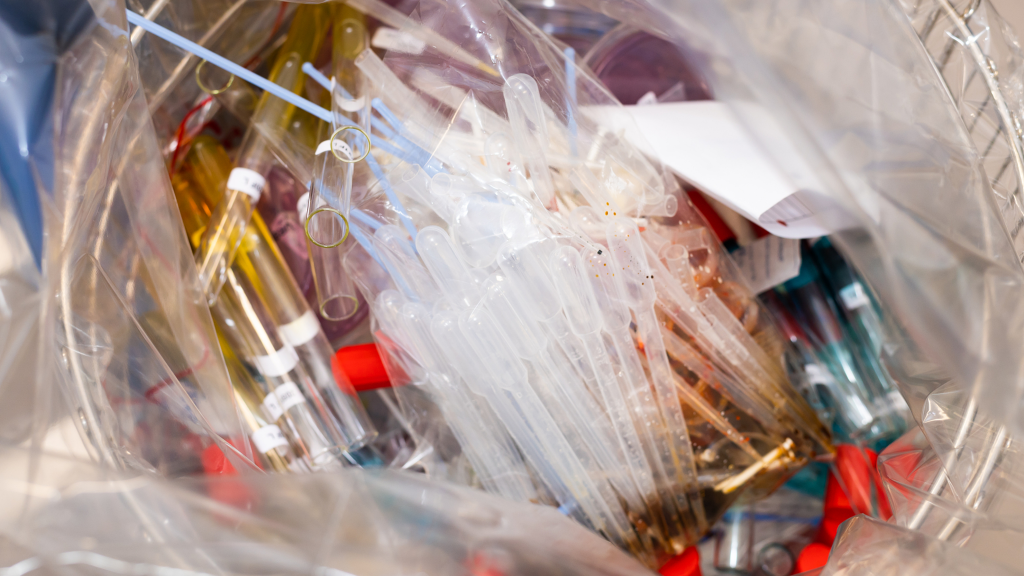
The UK infected blood scandal serves as a wake-up call, reminding us of the need to focus on managing infectious medical waste. We must take proactive measures to strengthen medical waste management by:
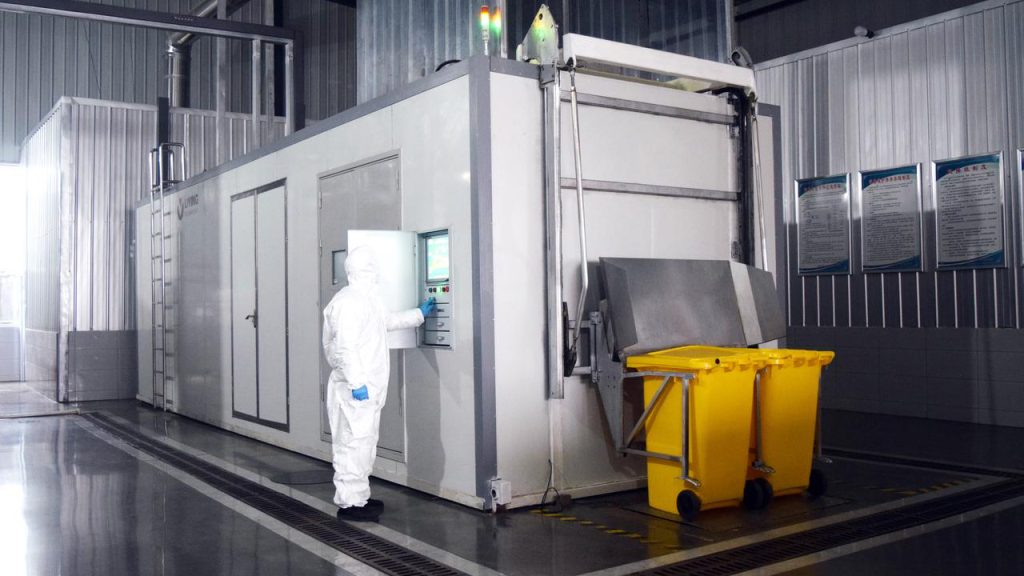
The medical waste microwave treatment equipment produced by LI-YING Environmental Protection Company provides harmless disposal services for medical waste to 360 million people, covering 300 cities and regions worldwide. With an annual processing capacity of 2.62 million cubic meters of medical waste, it is favored for its excellent sterilization effect and low operating costs, saving significant energy and operational expenses.
Infectious medical waste must be thoroughly disinfected to effectively reduce the risk of disease transmission, improve the overall level of the medical industry, and ensure public health and safety. This contributes to human health and well-being.
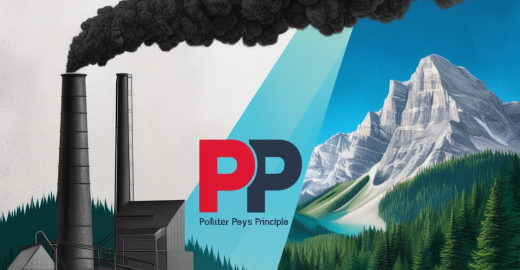
What is the Polluter Pays Principle The Polluter Pays Principle, abbreviated as PPP, means that the entities causing pollution should bear the costs of pollution…
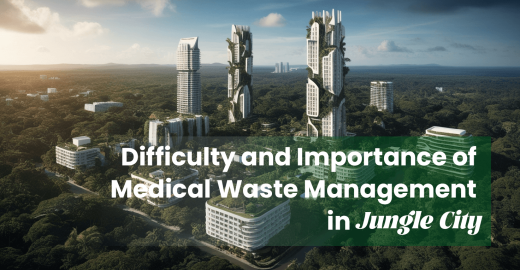
Forests and wetlands are crucial components of the Earth’s ecosystems, serving multiple functions such as climate regulation, water purification, and biodiversity maintenance. With the acceleration…
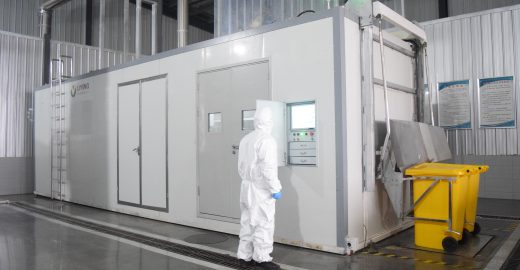
Of course! LI-YING has extensive experience in the harmless treatment of medical waste, particularly with microwave technology. Our equipment is distributed globally, serving over 300…
PDF Request